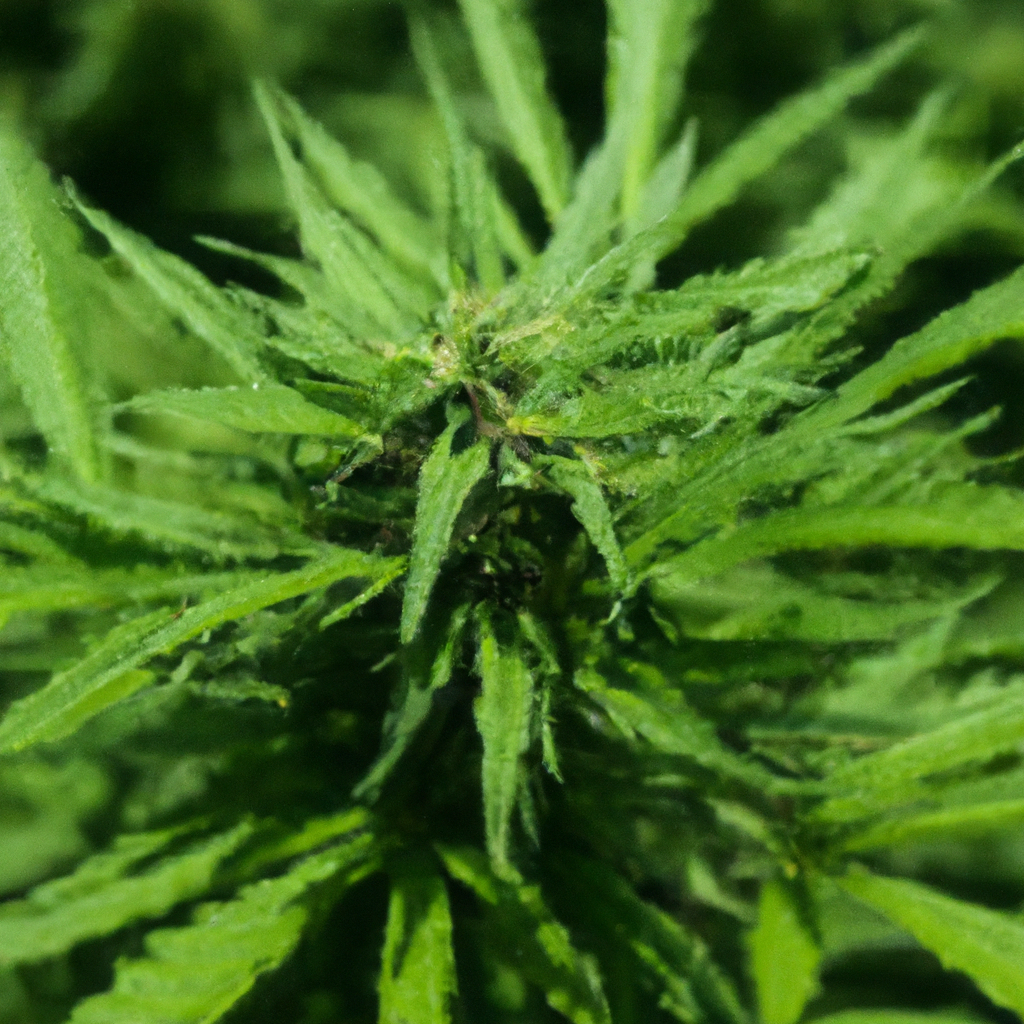Your cart is currently empty!
Organic cannabis cultivation is gaining momentum as growers and consumers alike recognize the benefits of returning to nature’s ways. By leveraging natural fertilizers, compost, and innovative pest control methods, cultivators are not only producing premium quality cannabis but are also positively contributing to environmental health. This guide explores best practices for organic cannabis cultivation, focusing on building a thriving soil ecosystem, promoting sustainability, and the advantages to both the environment and consumers.
Building a Healthy Soil Ecosystem
The foundation of any successful organic cultivation is healthy soil. Unlike synthetic fertilizers that can damage soil biology, organic methods nurture it. Here’s how:
- Compost: Creating a robust compost pile from kitchen scraps, plant waste, and animal manure can significantly enrich your soil with nutrients. It enhances the soil structure, retains moisture, and promotes the growth of beneficial microbes.
- Beneficial Microbes: Incorporate mycorrhizal fungi and beneficial bacteria to boost nutrient uptake and protect plants from pathogens. They form a symbiotic relationship with cannabis roots, improving plant health and resilience.
- Crop Rotation and Companion Planting: Rotate cannabis crops with nutrient-enhancing plants like legumes and use companion planting to naturally deter pests and improve soil fertility.
Natural Fertilizers: A Sustainable Alternative
Traditional fertilizers often contain harsh chemicals. Switching to organic fertilizers provides a gentler, more sustainable approach:
- Fish Emulsion: This liquid fertilizer offers a quick nitrogen boost and has an immediate impact on distressed plants.
- Bokashi: A form of composting, bokashi breaks down organic matter using fermentation, resulting in a nutrient-rich byproduct perfect for enriching soil.
- Worm Castings: Rich in humus and beneficial microbes, worm castings improve soil aeration, retain water, and significantly boost plant growth without the downsides of synthetic fertilizers.
Eco-Friendly Pest Control Solutions
Managing pests organically is crucial to sustainable cultivation. Here are effective practices:
- Neem Oil: An eco-friendly insecticide, neem oil disrupts the life cycle of pests like aphids and spider mites, while being safe for beneficial insects.
- Biological Controls: Introduce predatory insects such as ladybugs and praying mantises that naturally manage pest populations.
- Companion Planting: Use plants like marigold and basil to repel pests, thanks to their natural aromatic properties.
Benefits of Organic Cannabis Cultivation
There are several benefits to organic cannabis cultivation, extending beyond superior plant health:
- Environmental Impact: Organic practices reduce pollution, enhance biodiversity, and contribute to healthier ecosystems.
- Consumer Health: Organic cannabis is free from synthetic chemicals and residues, offering a cleaner product with enhanced flavor and aroma.
- Sustainable Practices: These methods are scalable and adaptable for small and large operations, ensuring long-term viability.
Conclusion
Organic cannabis cultivation represents a harmonious balance between nature and agriculture. By focusing on building soil health, using natural fertilizers, and adopting sustainable pest control methods, cultivators can produce high-quality cannabis while nurturing the environment. This natural approach not only benefits the planet but also enhances the health and satisfaction of consumers. Embrace organic practices for a greener, healthier cultivation journey.
Discover more from Magic Clones
Subscribe to get the latest posts sent to your email.


Leave a Reply